How Do Our Activities Affect The Environment
Introduction:
- The environment refers to the natural world around us, including land, water, air, and ecosystems.
- Human activities have a significant impact on the environment, which can have both positive and negative consequences.
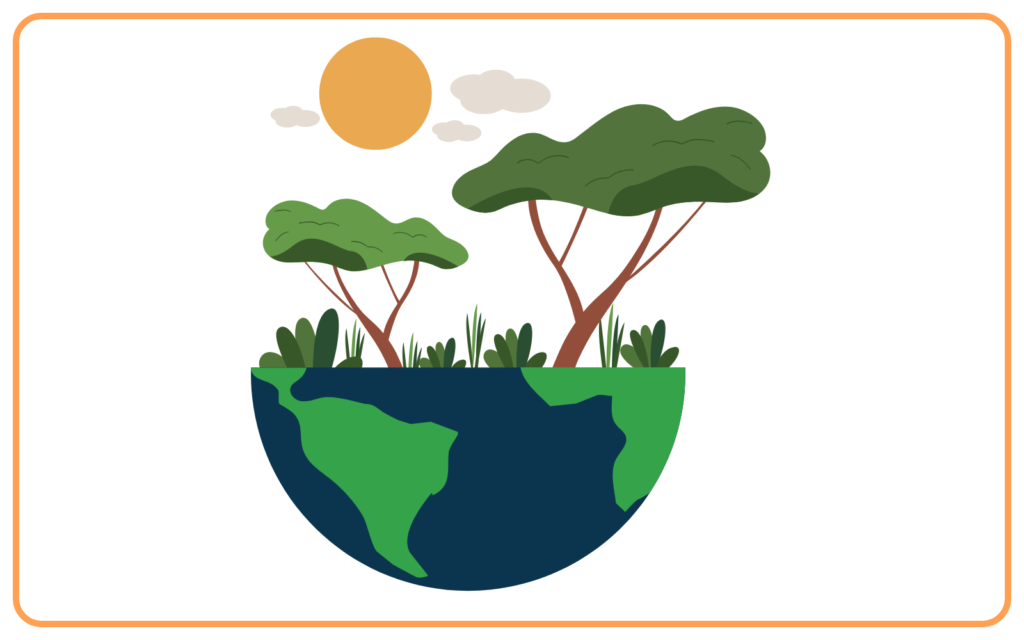
Negative Environmental Impacts:
- Air Pollution:
- Burning fossil fuels (coal, oil, and natural gas) for energy production and transportation releases pollutants like carbon dioxide (CO2), sulfur dioxide (SO2), and nitrogen oxides (NOx).
- These pollutants contribute to global warming, acid rain, and respiratory diseases.
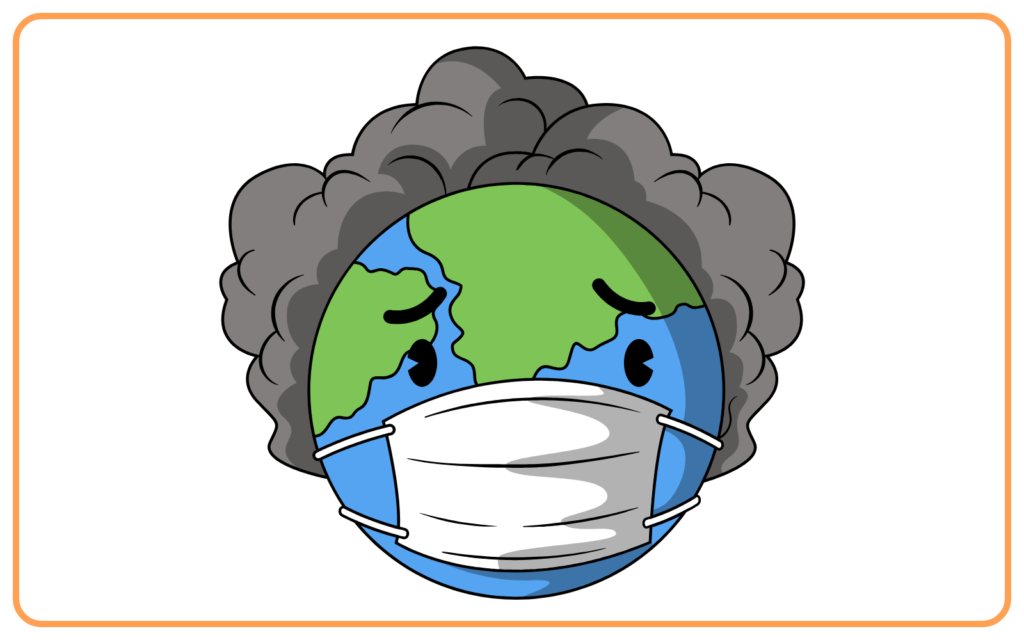
- Water Pollution:
- Discharging untreated sewage, industrial waste, and chemicals into rivers and oceans contaminates water bodies.
- This harms aquatic life and can make water unsafe for drinking and recreation.

- Deforestation:
- Clearing forests for agriculture, logging, and urban development reduces biodiversity and disrupts ecosystems.
- It also contributes to climate change as trees absorb CO2.
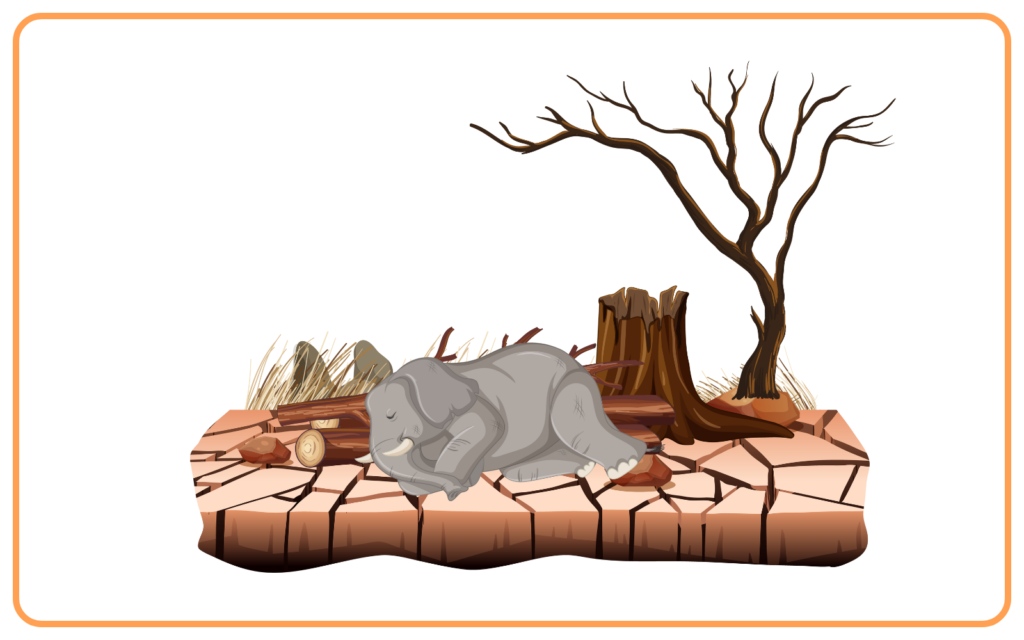
- Land Degradation:
- Overgrazing, soil erosion, and improper land use can lead to land degradation and desertification.
- This affects agriculture and reduces the land’s productivity.
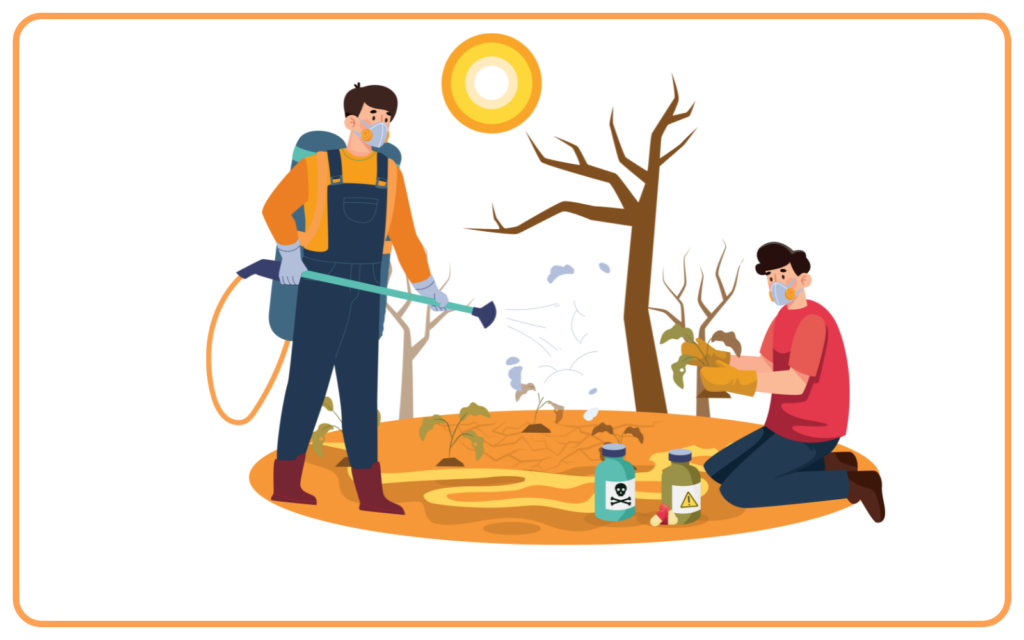
- Waste Generation:
- Excessive production of non-biodegradable waste, such as plastics, contributes to landfill pollution and marine litter.
- Recycling and waste reduction are essential to mitigate this impact.
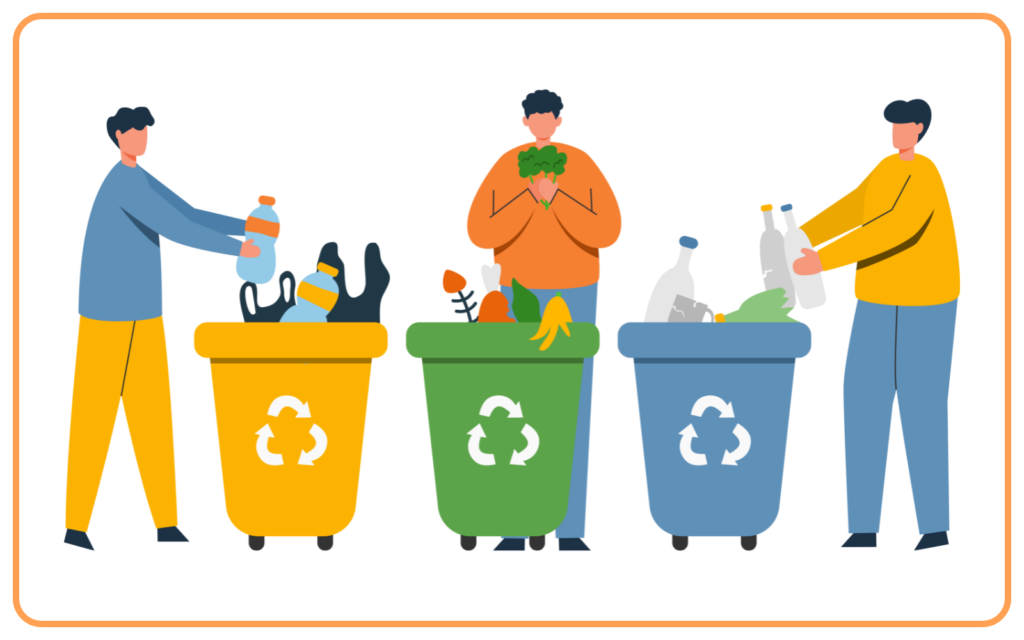
Positive Environmental Impacts:
- Renewable Energy:
- Transitioning to renewable energy sources like solar, wind, and hydroelectric power reduces greenhouse gas emissions and air pollution.
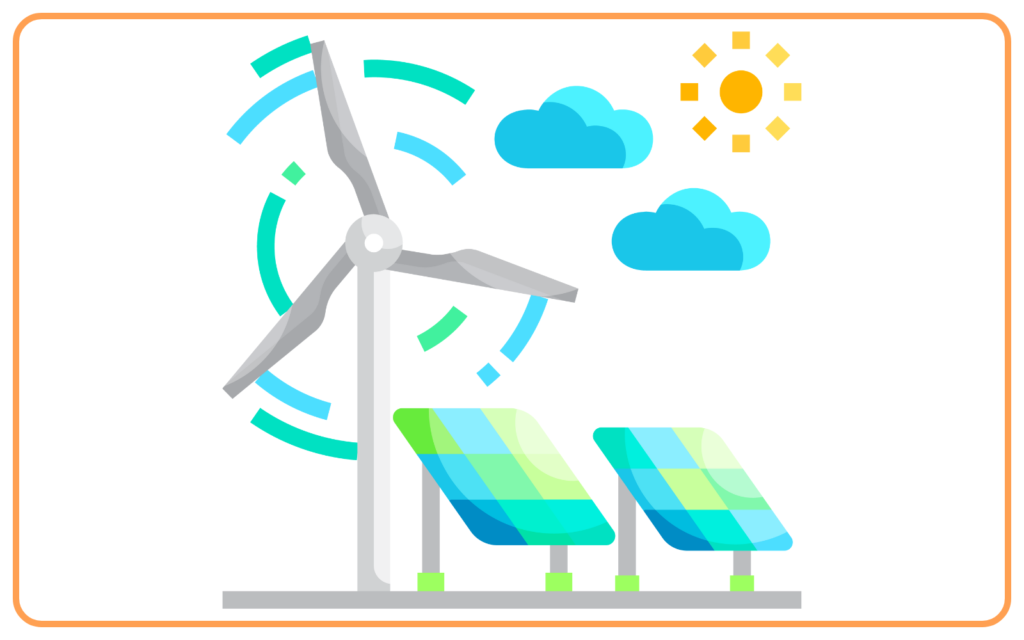
- Conservation Efforts:
- Establishing protected areas and wildlife reserves helps preserve biodiversity and ecosystems.

- Waste Reduction:
- Recycling, composting, and reducing single-use items reduce waste and its negative impact on the environment.

- Green Transportation:
- Using public transportation, cycling, or electric vehicles reduces air pollution and congestion.

- Sustainable Agriculture:
- Sustainable farming practices, like crop rotation and organic farming, reduce soil degradation and chemical pollution.

Conclusion:
- Human activities have both positive and negative effects on the environment.
- It’s crucial to be aware of these impacts and make environmentally responsible choices to protect and preserve our planet for future generations.
Let’s practice!

